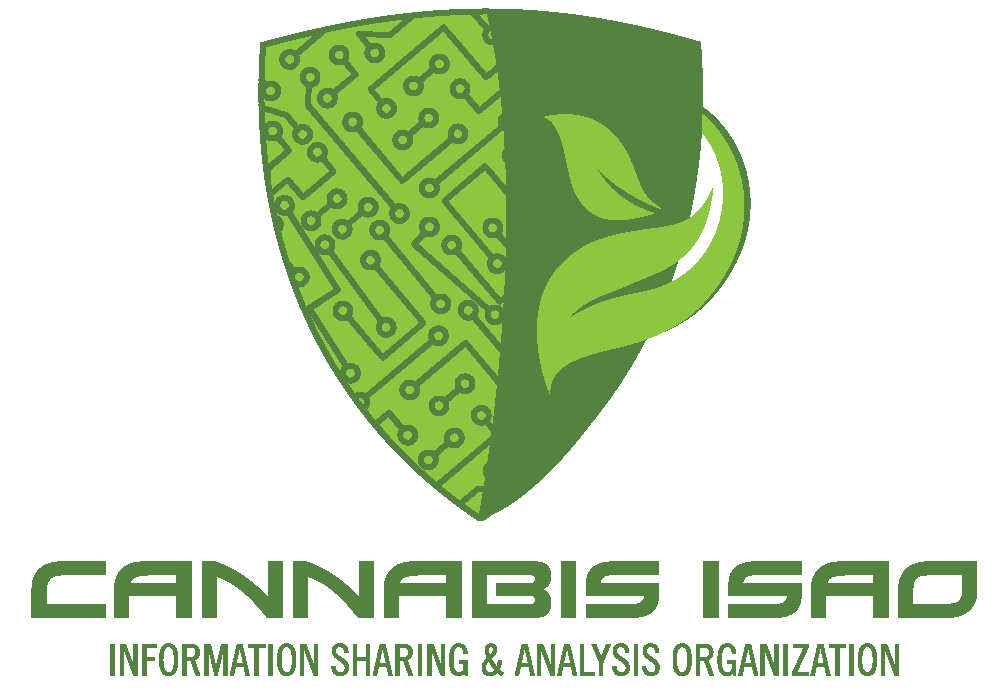In this blog series, our Executive Director Ben Taylor highlights a selection of cybersecurity, physical security, health or natural threat related stories relevant to the cannabis industry.
Cybersecurity
Government is Learning How to Work with Private Sector on Cyber Threats
While there remains work to do to improve the effectiveness of information sharing between the public and private sector, the fact remains that each side play a valuable role in helping to create a more secure environment. “CISA’s role in the current space as a trusted partner in cybersecurity, where our goal is solely to catalyze improved cybersecurity as a voluntary partner, is one that’s invaluable, and that’s a relationship that we work very hard to preserve and advance with partners across sectors,” CISA Executive Assistant Director Eric Goldstein said.
Also this week, CISA published the first iteration of the Secure Tomorrow Series Toolkit, “a diverse array of interactive and thought-provoking products for critical infrastructure stakeholders on how to identify emerging risks and potential risk management strategies to secure their critical infrastructure systems.”
Physical Security
Burglaries at cannabis dispensaries prompt Denver to adopt strict security rules. Not everyone is happy about them.
The city of Denver now wants cannabis businesses to add even more security measures. Some dispensary owners say they understand the desire to keep their businesses safe. Others say the expense of meeting the new security requirements, which gobble up valuable retail space, will make it difficult for them to thrive.
Additional cannabis robbery-related headlines include:
-
Two men arrested after stealing from a licensed marijuana grow
-
New Mexico cannabis store broken into ahead of state’s adult-use sales launch
-
Pot retail stores consider armed security, other costly safety measures
-
Armed men rob cannabis facility in Adelanto after attacking, holding guard at gunpoint
-
OpEd: Armed robberies of cannabis retailers require immediate response
- Seattle Pot Shop Owners Increase Security, Decrease In Diversity
5 Tips for Establishing a Security Plan for Your Dispensary
Michael Sampson, partner with Pittsburgh-based law firm Leech Tishman recently shared with Cannabis Business Times top tips and guidelines to consider when establishing a security plan for your business.
- Determine what’s necessary
- One size doesn’t fit all
- Make sure your employees are well trained
- Be proactive
- Cybersecurity is just as important
Russian Invasion of Ukraine Further Upends Cannabis Supply Chain
Global supply-chain woes – first triggered by the coronavirus pandemic in 2020 – have been exacerbated by Russia’s invasion of Ukraine, and the U.S. cannabis industry is expected to feel the added fallout for months.
Several ancillary company executives told MJBizDaily the problems are likely to continue this year, further forcing up costs and making it even more difficult for companies to secure key supplies such as specialty packaging, chemical solvents used in concentrate production and stainless steel.
The war has not only resulted in a spike in gasoline prices – which has zapped cannabis delivery firms – but also has caused an increase in prices for substances such as corn and ethanol, which are major product exports from Ukraine to the U.S. The ripple effects are hitting other natural resources, some of which have delayed cost increases because of the time it takes to refine fuels such as natural gas, propane and butane.
For more on the cannabis supply chain see this high-level overview from Modern Shipper.
Natural Events
As Employees Return to the Office, Companies Grapple with Vaccine Tensions
Employers may no longer have to worry about potential consequences from the Occupational Safety and Health Administration’s mandate-or-testing rule, but with more companies returning to the office, issues such as friction between vaccinated and unvaccinated workers pose a risk at the workplace.
The potential issues with employee vaccine friction could lead to litigation, discrimination claims, morale issues, and potentially workplace violence. Sarah Perez, managing attorney at Perez Morris in Columbus, Ohio, said employers should be aware their workers have been impacted by COVID in a variety of ways. “Each person will be returning to work having potentially experienced loss, isolation, frustration, illness — you name it,” she said. “Each will also come with their own opinions about the virus, its transmissibility, vaccines, the CDC and probably many other controversial and hotly debated issues surrounding the pandemic.”
Randi Winter, a partner at Spencer Fane LLP, said companies need to keep confidentiality top of mind when it comes to vaccination status. While employers are within their rights to ask workers about their vaccination status, Winter said federal agencies have made it clear an employee’s vaccination status is considered confidential medical information that shouldn’t be shared except on a “need-to-know” basis.
Colorado State University (CSU) Releases 2022 Atlantic Hurricane Forecast
CSU anticipates that the 2022 Atlantic basin hurricane season will have above-normal activity with an above-average probability for major hurricanes making landfall along the continental United States coastline and in the Caribbean. CSU is predicting 19 named storms, 9 of which are expected to reach hurricane strength. Those are both above the 1991-2020 averages of 14.4 and 7.2 respectively. Of the 9 predicted hurricanes, 4 of those are expected to reach major hurricane strength.
It is also important for the industry to realize that these seasonal forecasts are based on statistical and dynamical models which will fail in some years. Moreover, these forecasts do not specifically predict where within the Atlantic basin these storms will strike. The probability of landfall for any one location along the coast is very low and reflects the fact that, in any one season, most U.S. coastal areas will not feel the effects of a hurricane no matter how active the individual season is. A PDF of the full report can be found here.
Check out the latest blog highlighting issues important to cannabis security!
Tweet
